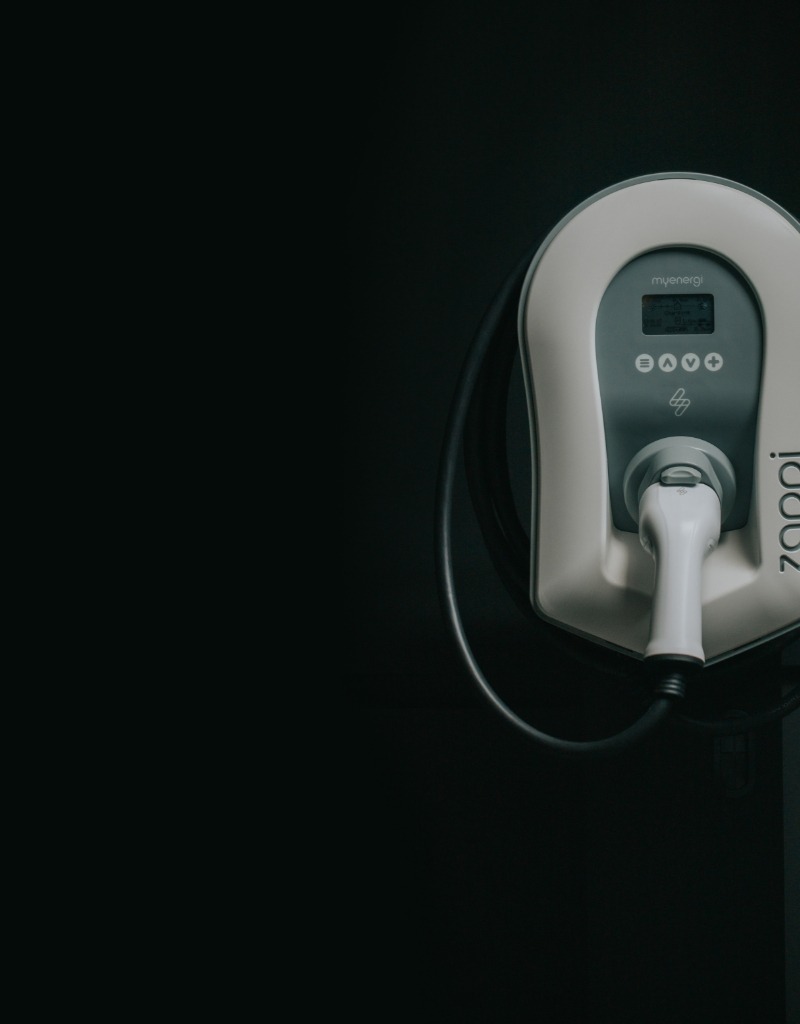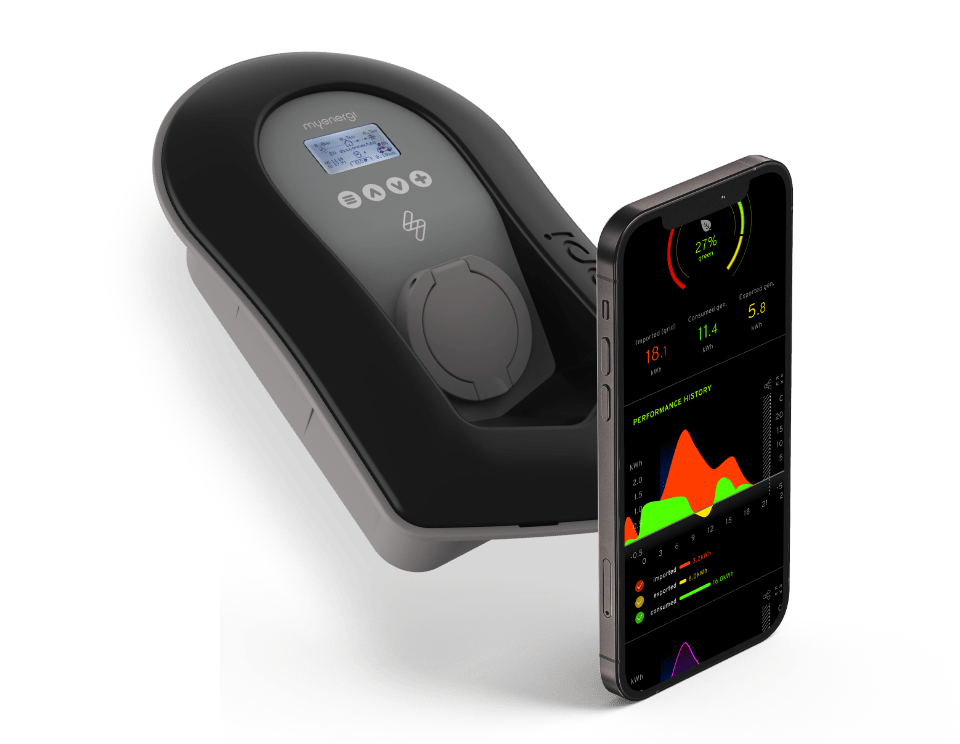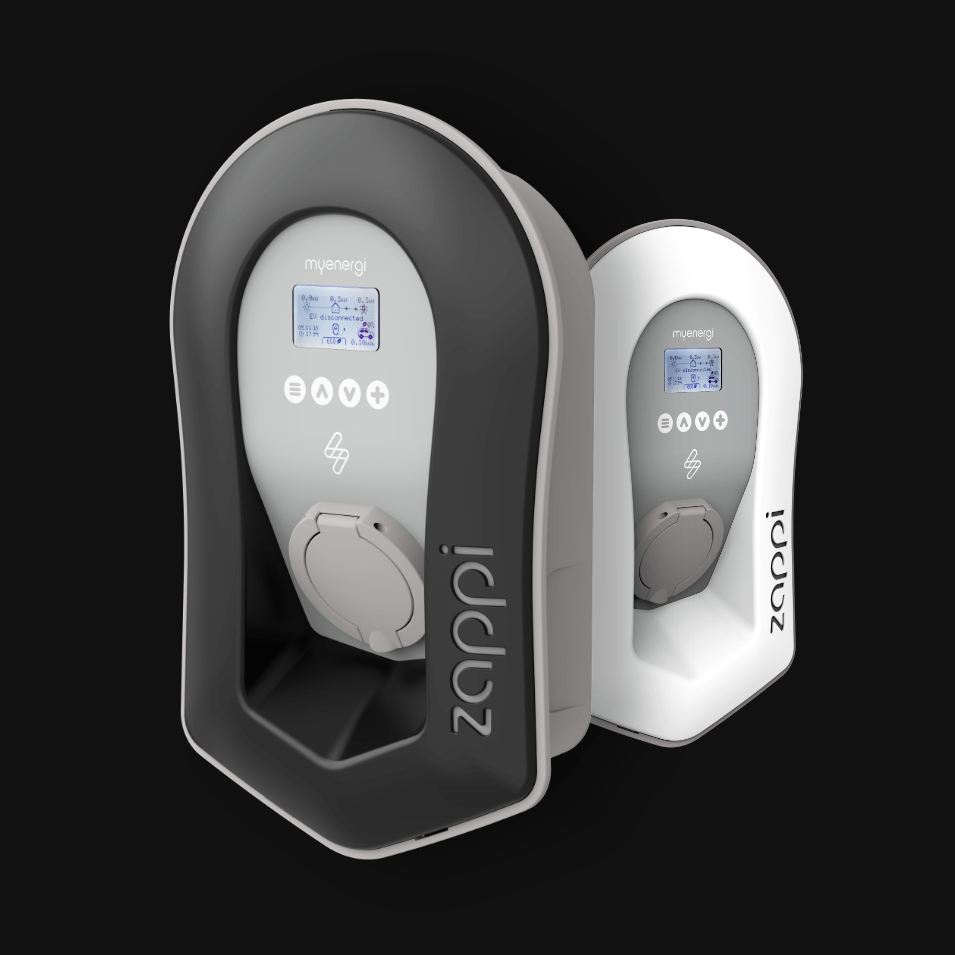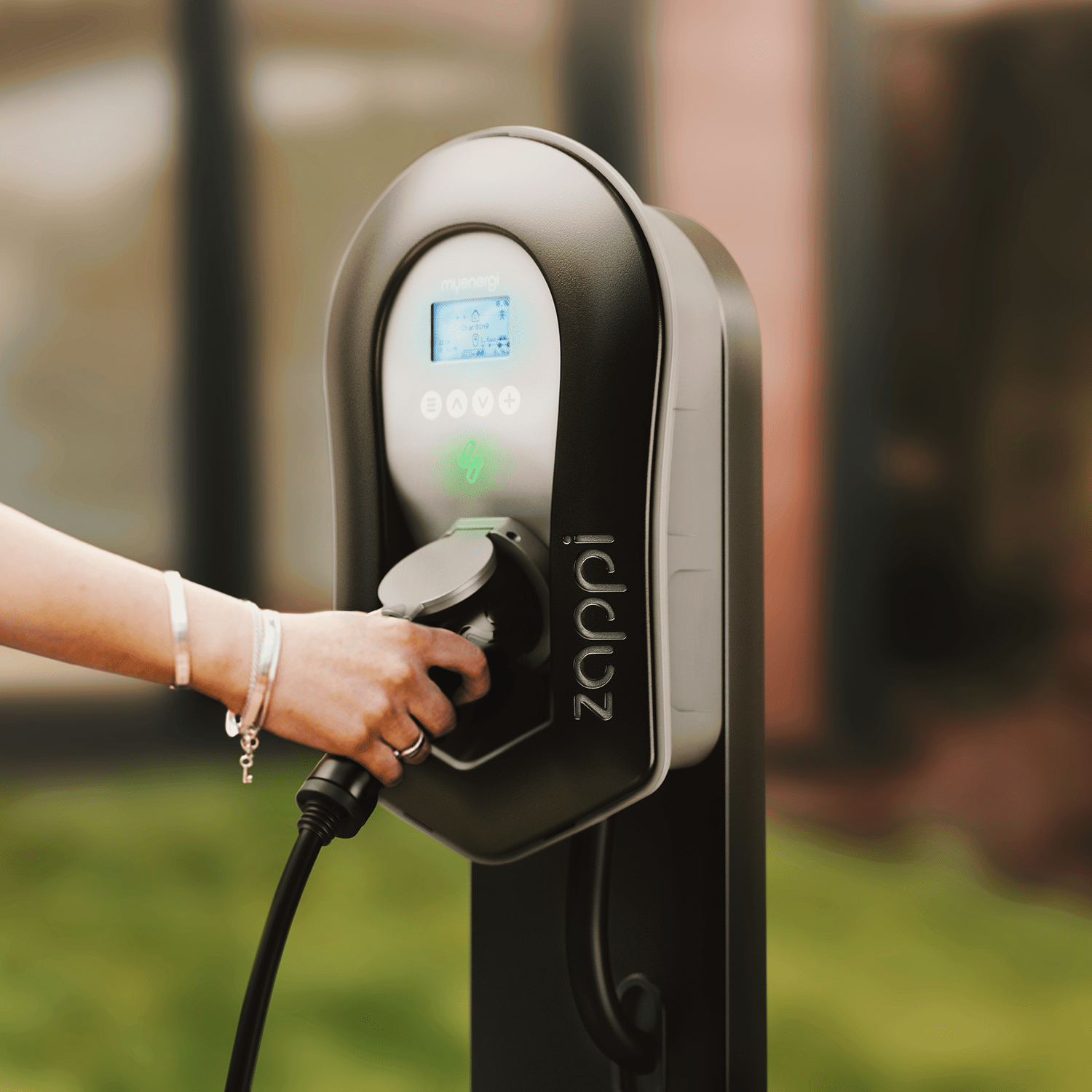Why opting for an electric vehicle charger is a smart move

Can I charge my EV without a dedicated charger?
It is possible to charge your EV without the need for a dedicated EV charger. However, there are some drawbacks to this option and therefore it is only recommended as a temporary charging solution, such as in the event of visiting somewhere that does not have an EV charger. Or while waiting for yours to be installed.
Although charging from the mains is possible, it is not the safest or most efficient method. For a superior solution, invest in a dedicated EV charger to optimise your vehicle’s performance and lifespan.
If purchasing an EV charger is not an option straight away, or you are visiting a residence without one, charging your vehicle through mains is an option for all electric vehicles that come with a mode 2 charging cable. This cable enables you to connect your EV to a standard domestic socket. Though the charging process will be slower and less efficient than using a dedicated EV charger.
Before charging, verify that the outlet is in good condition and has proper grounding. If you have doubts, consult an electrician to evaluate and upgrade the outlet as needed. To charge your EV, connect the mode 2 charging cable to your vehicle’s charging port and the domestic socket, allowing the in-line control box to regulate energy flow for safe charging. It’s crucial to monitor the charging process and inspect the cable, outlet, and control box for signs of overheating or other issues. If you encounter any problems, disconnect the vehicle and seek professional assistance. Remember, charging your EV with the mains takes longer than using a dedicated charger, so plan your charging schedule to avoid inconvenience.
The perks of charging your EV with a charger
To put it simply, charging your electric vehicle with a dedicated charger is safer, more efficient, and cost-effective. Chargers are designed to intelligently regulate energy flow, resulting in a safer charging process. Moreover, using a charger is roughly eight times faster than relying solely on a cable and you can take advantage of off-peak electricity rates to save on costs in certain regions.

Understanding the risks of direct grid connection
You might assume that connecting your car directly to the grid with a cable is a viable option. However, this approach comes with significant safety concerns. Directly connecting your car battery to the grid can draw substantial power from your home, creating a potential hazard as cables heat up over time. Consequently, using a mode 1 charging cable for this purpose is not recommended.
Most vehicles come with a mode 2 charging cable that includes a safety device to halt charging in case of emergencies. Although this cable connects directly to the grid, it is still not the safest option, as prolonged charging could result in similar issues as a mode 1 cable. Furthermore, this method only allows for slow charging rates.

Faster charging with a smart charger
Utilising a smart charger can significantly speed up the charging process; up to ten times faster than a simple cable. Most chargers and public charging stations provide rates up to 22 kW, while a standard domestic socket supplies only up to 3.7 kW (with 2.3 kW being the recommended maximum). The ultimate charging speed depends on your vehicle’s battery capacity and the available charging power.
Which battery system is right for me ?
The first step in determining which battery system is right for you is to think about how much energy you want to store and how much money you can spend on it. You should also consider what your current energy usage looks like, as well as the power needs of your home or business.
Effortless charging management
By employing a zappi, you can effortlessly manage your EV charging via a user-friendly mobile app. The app notifies you when your vehicle is fully charged, allows you to adjust the charging power rate, and features a built-in timer to schedule charging during off-peak hours when electricity is more affordable.

zappi: the smart choice
In conclusion, while it is possible to charge your EV using the mains with a mode 2 charging cable, this method is not as efficient, fast, or safe as using a dedicated EV charger. A dedicated charger provides enhanced safety features, faster charging speeds, smart charging capabilities, improved battery health, and can potentially increase your home’s value.
To ensure optimal performance, longevity, and safety for your electric vehicle, it is highly recommended to invest in a dedicated EV charger. By doing so, you’ll not only contribute to a more sustainable transportation future but also enjoy the numerous benefits and conveniences that come with smart and efficient EV charging solutions.

